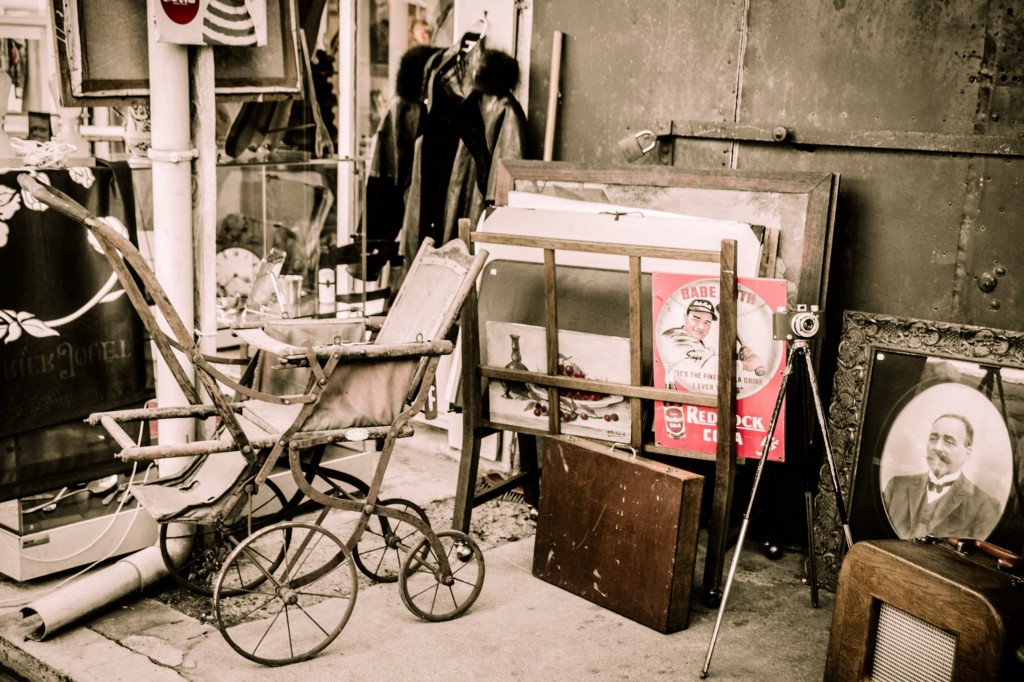My Harsh Lesson About Being “Rich In Assets”
Pawn shops can be cruel teachers.

When I was in my final years of high school, my parents didn’t let me have a job. I had to focus on my studies and getting into college.
So, naturally, I took to selling things on the weekends and during open study blocks. I wasn’t about to halt my high school mogul dreams just because I couldn’t get a regular job.
I lived in a small town, but there were plenty of consignment and pawn shops I could hit up if I had the goods. My family had four children, which meant that we had a lot of excess crap that I could sell off. I pitched my parents on the idea of my “trimming the fat” at our house. They eventually came around.
Very quickly, I learned that what we perceive as valuable in our lives often means very little. It’s surreal to hear a friendly-looking man in his fifties tell you that your favorite DVD from your early teenage years is worth two dollars. Or $1.50. Or that it’ll be sold the next week in an “8 DVDs For $2” holiday sale.
It was a hard lesson to learn: The value you give something is often very different than the value the world may assign to it.
This sounds obvious now. But before I was reading about mutual funds and listening to podcasts about the stock market on a weekly basis, I assumed my family was rich. We lived in a nice big house, we owned two cars and my brothers played sports frequently. I was a kid. I didn’t know my parent’s bank statements.
But high school was the turning point in a lot of ways. Right around the time I learned most of the items I cared about were worth very little, I noticed that my parents stopped paying bills in front of us. They canceled newspaper delivery because (in a rare admission) they didn’t have the cash to keep it going. But then how did Dad afford the new truck in the driveway? I asked my parents if we were rich. My dad tactfully said that we were “rich in assets.”
When I started college, my parents paid for exactly one term. The rest was paid for in student loans. Because of circumstances including mental illness and shared accounts, my parents ended up losing their house, their rental property, both cars and a boat. Not only could they no longer pay for the big ticket items, but selling off what they did own couldn’t fill the financial holes the others left behind. There was no real money left.
There is pressure to look rich in America. And it’s hurting us — the net worth of the average American household is rising, while our earnings are staying relatively stagnant. We’re spending more in an effort to look like we’re doing better.
But owning stuff doesn’t even mean anything in terms of wealth indication anymore. We can buy almost everything we want, even if it’s on credit or at a steep discount. Unless we’re talking private jets, buying fancy things doesn’t necessarily mean you’re making it in this country. You can brag about owning a sexy gold-plated toilet all you want. But when times get tough, there’s very little chance that toilet’s going to go for much. Pure “stuff” will not save you.
I’m fiercely proud to be a minimalist, and to own very little actual stuff. I don’t need a house or a super nice vehicle to feel rich. In a few months, I will have cut my student loans down to under $20 grand. That will feel amazing. When I reach my savings goal and have a few thousand in savings, that will actually feel like being rich. I don’t ever want to have a big house but not enough cash to sustain a newspaper subscription.
Still, life demands that we make compromises and buy assets. My boyfriend and I bought a new car recently. It’s a nice car, and will demand a lot of space and attention. It makes me nervous. I hate the idea of a shiny toy taking up space in my budget and not actively earning me money or improving my credit score. But I also hate taking public transportation to speaking gigs. So I’ll milk this this car for all it’s worth and keep throwing my money into deeper, more meaningful holes.
And if I have to eventually chuck the car into the hole? Fine by me.
Brit McGinnis is a copywriter and author of several books. Her work has appeared on XOJane, SparkNotes and anywhere fine stories are sold. She lives in Portland, Oregon.
Support The Billfold
The Billfold continues to exist thanks to support from our readers. Help us continue to do our work by making a monthly pledge on Patreon or a one-time-only contribution through PayPal.
Comments